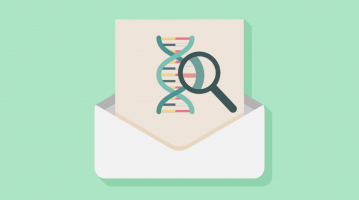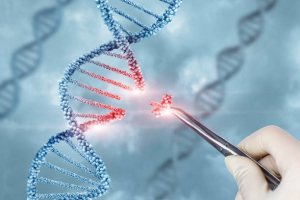Top 10 Surprising Things a DNA Test Can Tell About Your Health
One of the most effective ways to learn about your health is through at-home DNA testing. These tests provide insight into your genetic proclivity for certain ... read more...diseases, as well as your body's metabolism and overall health. You can learn new things about your body and proactively improve your health with the right data. So, let's take a look at the surprising things a DNA test can tell you about your health in this article.
-
Your body's natural weight is one of the most useful pieces of information you can obtain from a DNA test. This number may be higher than we want for some of us, while it may be lower for others. If you've struggled with weight in the past, a set of genes that control your metabolism could be to blame.
The good news is that your genes do not control everything about your weight. Eating a healthy diet and exercising regularly can help you control it. At the same time, simply knowing what your body's ideal weight is can be the first step toward accepting that a little extra weight isn't always a bad thing.

Discover Your Natural Weight 
Discover Your Natural Weight -
DNA tests can also be used to detect hereditary diseases such as Huntington's disease, sickle cell anemia, Marfan syndrome, and others. In fact, more than 2,000 hereditary diseases can be diagnosed using DNA testing. These are diseases that are almost certain to develop if you have the associated mutation, regardless of your lifestyle or current health.
It is critical to be able to screen for these diseases using a DNA test. When you know you have the genes for a specific condition, you can work with your doctor to develop a health plan. Furthermore, even if you don't have the disease, you can find out if you're a carrier. If you are a carrier, a DNA test can tell you how likely you are to pass the disease's genes on to your child.
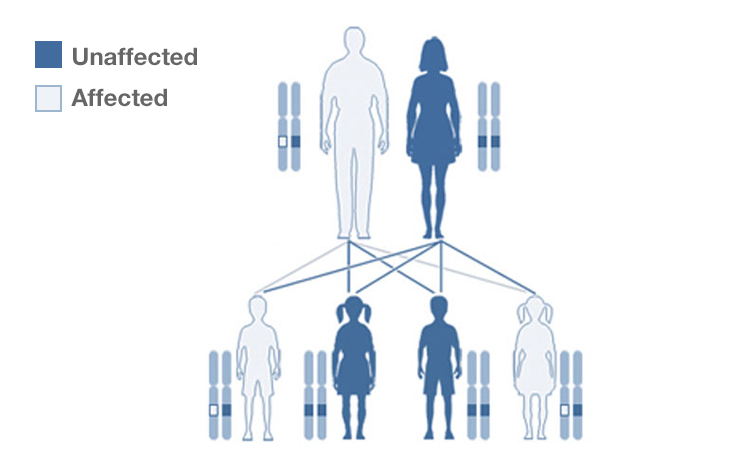
Find Out if You Have a Hereditary Disease 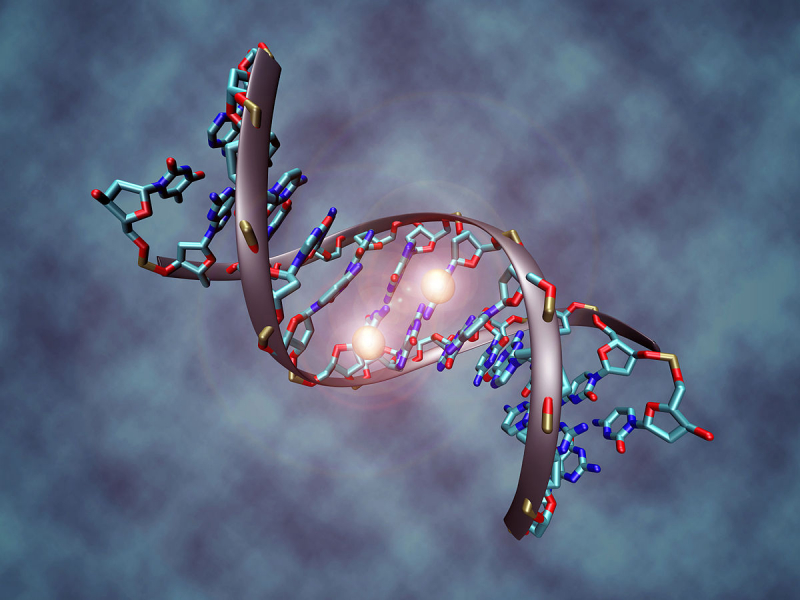
Find Out if You Have a Hereditary Disease -
One of the special things is that a DNA test can also reveal how your body metabolizes different types of vitamins. For example, your body may be genetically predisposed to require more vitamin D from sunlight. If you have seasonal affective disorder, it could be because your body isn't getting enough Vitamin D. Therefore, after taking a DNA test, you can know what types of vitamins you need to add.
Living DNA, for example, offers genetic tests that reveal how your body processes various types of vitamins. Once you know which vitamins your body requires in greater quantities, you can easily purchase the appropriate supplements to manage your health.

Get the Vitamins Your Body Needs 
Get the Vitamins Your Body Needs -
DNA tests can also tell you if you are at risk for certain hereditary cancers, such as breast cancer, ovarian cancer, colon cancer, and skin cancer. While these cancers are not directly caused by a mutated gene (as genetic diseases are), your risk of developing cancer may be significantly increased if you have one or more specific mutations.
Mutations in the BRCA 1 and 2 genes, for example, have been linked to breast cancer. Having these mutations does not guarantee that you will get this type of cancer, but it does increase your risk. You might want to start getting annual mammograms in your 30s rather than your 40s.
You can check out Futura Genetics' DNA testing kit if you have a family history of cancer. It provides screening for eight different cancers with a genetic link, as well as detailed information on what your results mean for you.
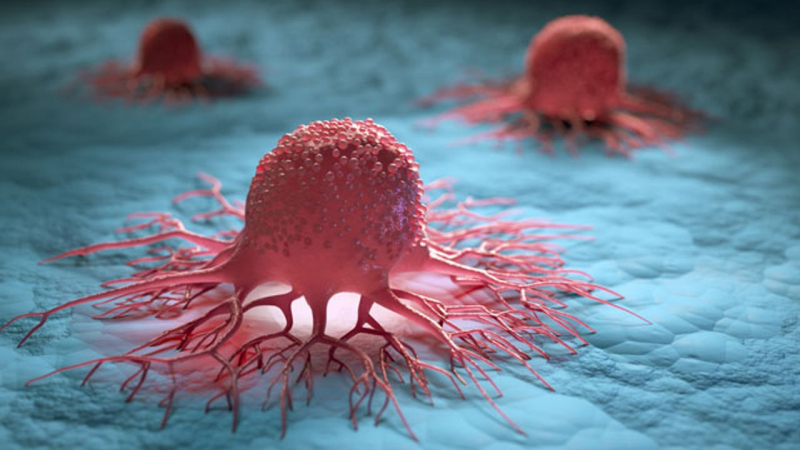
Evaluate Your Risk for Common Cancers 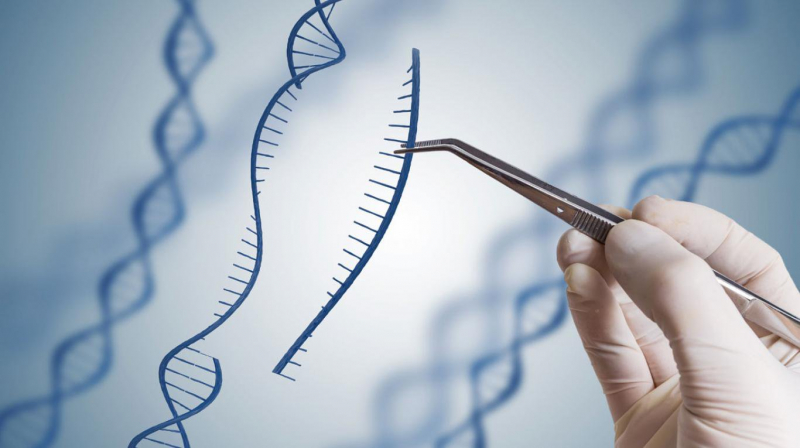
Evaluate Your Risk for Common Cancers -
Alzheimer's disease is increasingly thought to have genetic roots, specifically in mutations in the ApoE gene family. DNA tests can detect these mutations and alert you if you are at an increased risk of developing Alzheimer's later in life.
Importantly, Alzheimer's disease has a significant environmental component and is related to how much you exercise your brain as you age. Finding out early on whether your genes put you at risk of developing Alzheimer's can help you take preventative measures. This is especially important if your family has a history of the disease, as mutations in the ApoE gene can be passed down from generation to generation.
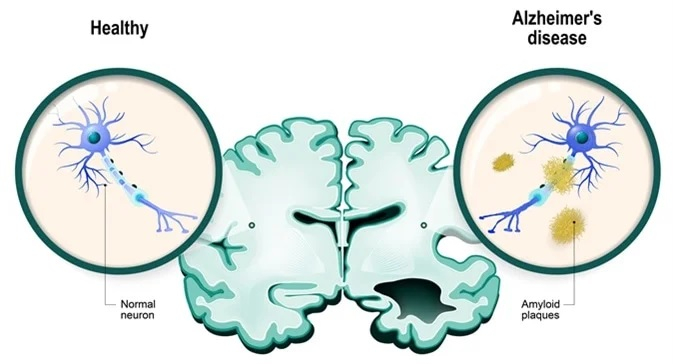
Look Out for Warning Signs of Alzheimer’s 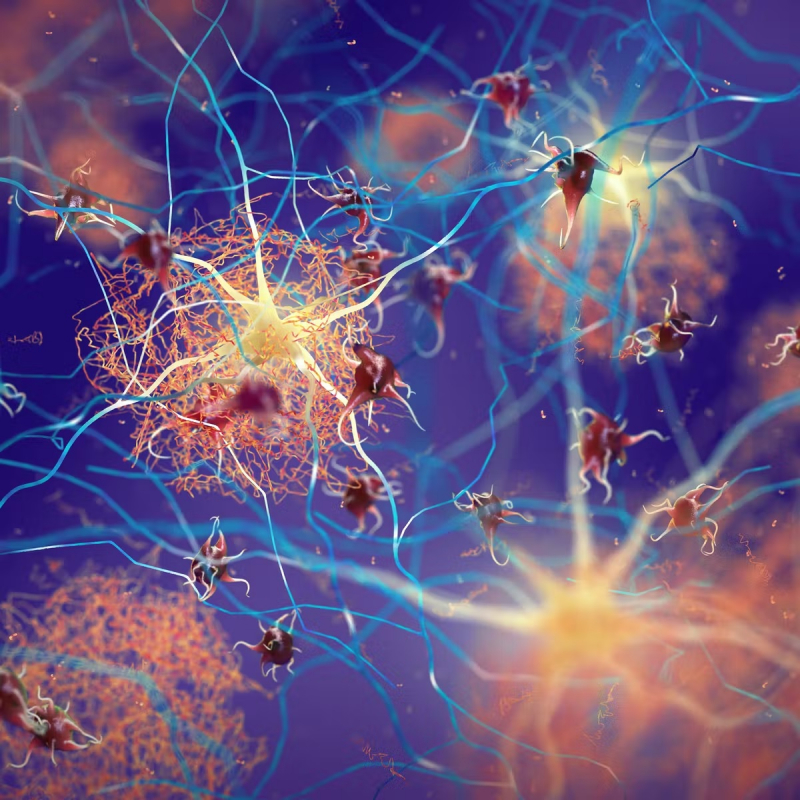
Look Out for Warning Signs of Alzheimer’s -
Celiac disease, an autoimmune disorder that causes gluten intolerance, is also genetically predisposed. The disease is caused by mutations in a number of genes, and the degree of gluten intolerance you have depends on the mutations in your DNA.
As a result, many people are unknowingly suffering from the effects of mild to moderate gluten intolerance. Symptoms include fatigue, digestive problems, and dermatitis, and it's easy to overlook the fact that these issues may be caused by your diet. A DNA test can tell you whether your body would benefit from avoiding gluten. When having the test result, you can plan to balance the types of foods to have in your meals to lack the risk of diseases.

Find Out if Gluten Could Be Your Enemy 
Find Out if Gluten Could Be Your Enemy -
If you're sore for days after every workout, it could be genetic. Muscle pain is caused by inflammation, which is regulated by several genes. Specific DNA sequences in these genes can make them more or less active, contributing to increased or decreased inflammation in your muscles after exercise.
At-home DNA tests can provide information about inflammation-related genes and assist you in understanding what your body requires to recover adequately from exercise. You can select specific anti-inflammatory products that work best for you based on your genetic makeup. You can also create routines that turn off your inflammatory genes and soothe your aching muscles.

Discover the Best Way to Recover after Exercise 
Discover the Best Way to Recover after Exercise -
Diabetes is a complex disease involving genetics, diet, weight, stress, and other factors. Diabetes is ultimately caused by your body's inability to produce insulin, so your genetic predisposition to the disease is critical.
A DNA test can determine your genetic risk for diabetes, both type 1 and type 2. Early detection of a higher-than-average risk provides an opportunity to manage your diet and weight in order to avoid developing diabetes. It also allows you to monitor for symptoms, allowing you to identify diabetes and begin managing your blood sugar sooner rather than later.
In addition, after having the test result, you should have a consultation with an experienced doctor to have useful advice and plan the right health care schedule.

Find Out If You’re at Risk of Diabetes 
Find Out If You’re at Risk of Diabetes -
Lactose intolerance is closely linked to mutations in the genes required by your body to produce the lactase enzyme. As a result, at-home DNA tests can reveal whether you are partially or completely lactose intolerant.
That knowledge can be extremely beneficial in determining your ideal diet. If you're partially lactose intolerant, for example, you should switch to lactose-free milk and avoid foods like butter and cheese.
Lactose intolerance, like gluten intolerance, can be difficult to detect. A DNA test can tell you whether your body would benefit from avoiding lactose. However, you still need to visit the doctor or hospital to have an exact result related to your health problem.

Determine Whether You’re Lactose Intolerant 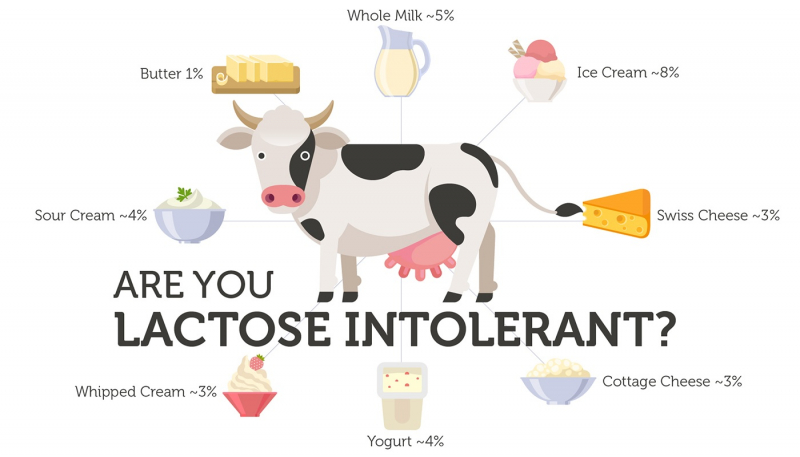
Determine Whether You’re Lactose Intolerant -
Your genes are linked to a wide range of cardiovascular diseases. In fact, one of the most important risk factors for conditions such as coronary heart disease, peripheral vascular disease, and atrial fibrillation is your genetic makeup.
A DNA test can detect the mutations that are commonly associated with these conditions and alert you to them before any problems arise. From there, you can create a heart-healthy diet and exercise routine to ensure that genetic risk does not become a disease. You can also collaborate with your doctor to keep track of your cardiac health over time.

Evaluate Your Risk of Heart Disease 
Evaluate Your Risk of Heart Disease














